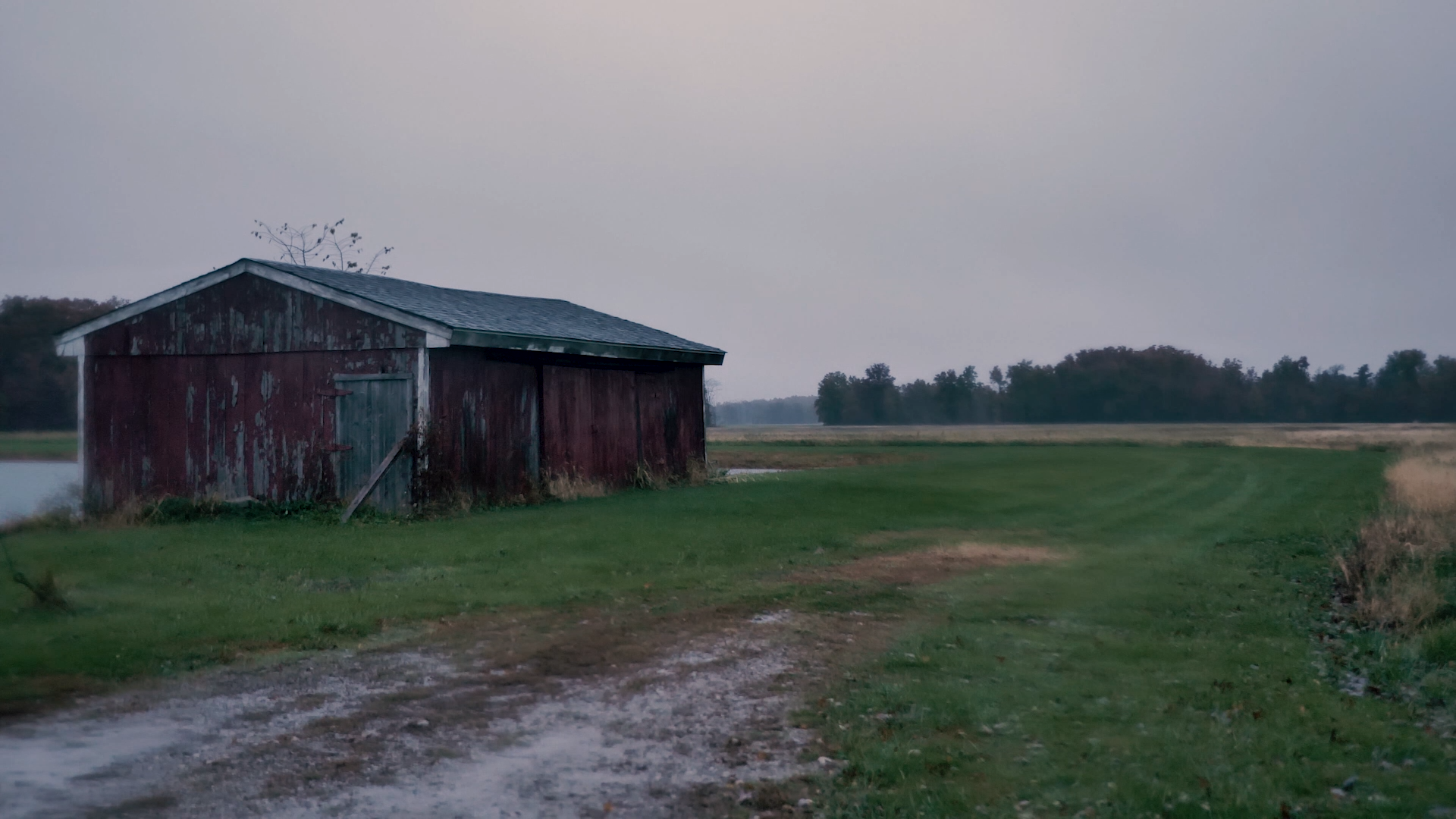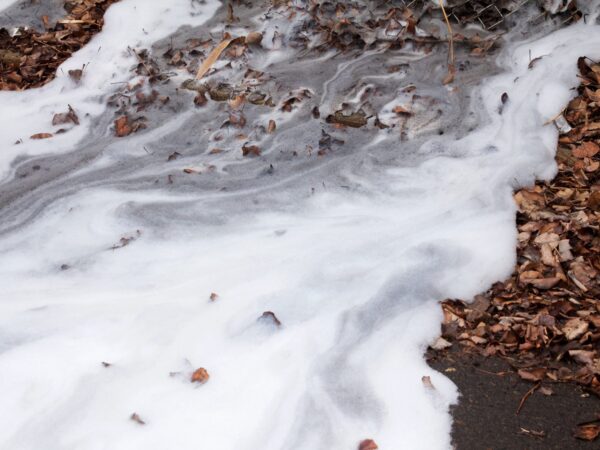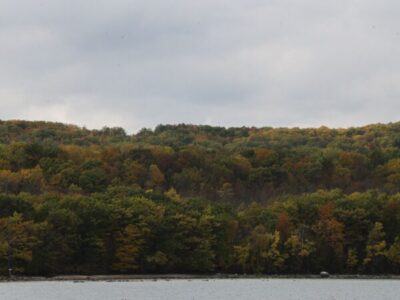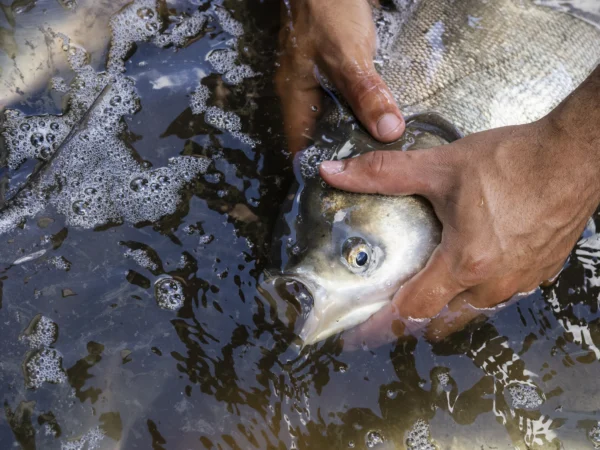
From lead pipes to PFAS, drinking water contamination is a major issue plaguing cities and towns all around the Great Lakes. Cleaning up contaminants and providing safe water to everyone is an ongoing public health struggle in the region.
Keep up with drinking water-related developments in the Great Lakes area.
In this edition: Illinois American Water announces grants for watershed protection projects, MSU’s Institute of Water Research receives grant to reduce agricultural runoff, Minnesota’s excess nitrogen and phosphorus in water attributed to manure and fertilizer, mining board in Minnesota refuses to fund clean water project, Pennsylvania Attorney General charges Cabot Oil & Gas for contaminating drinking wells, Pennsylvania American Water meets or surpasses drinking water standards, Wisconsin town begins work on new water system to reduce radium levels, EPA awards first Great Lakes Restoration Initiative Trash Free Waters grant, water experts call on Ontario to include small, private wells in source water protection plans, and Montreal will distribute water filters to homes with lead pipes.
Click on the headline to read the full story:
Illinois:
- Illinois American Water Announces Over $25,000 in Environmental Grants for Water Source Protection – Daily Herald
Illinois American Water announced environmental grants for eight community projects that improve, restore, or protect watersheds across the state. Projects receiving grants include: expanding a water quality education and story mapping project (Friends of Fox River), installing native plants to stabilize eroding shorelines and improve stream quality (Bolingbrook Park District), cleaning of river and creek banks (Nature at the Confluence in South Beloit), supporting efforts to decrease storm runoff (St. Paul’s Episcopal Church in Peoria), and supporting habitat enhancement and floodplain expansion (Urbana Park District).
Michigan:
The Institute of Water Research through MSU has received a $1 million grant from the Environmental Protection Agency to help reduce agricultural field runoff in the Saginaw River watershed through farmer-led outreach and education. Runoff can impact freshwater habitat, water quality and drinking water.
Minnesota:
Run-off pollution is a significant problem in Minnesota waters – between 1995 and 2018, the average nitrate contamination in Minnesota’s 72 agricultural counties’ drinking water increased by 61 percent on average. The nitrogen and phosphorus ending up in waterways are commonly found in commercial fertilizers, but manure from feedlots also contributes heavily to this pollution.
- Mining politics stall safe drinking water project – The Timberjay
The Iron Range Resources and Rehabilitation Board refused to fund the construction of a new water source, water tower, and water treatment facility on the Fond du Lac reservation, at least for now, because of the tribal government’s opposition to mining pollution. The projects would serve the communities of Mahnomen and nearby Brookston, whose water does not currently meet drinking water standards.
Pennsylvania:
The Pennsylvania Office of Attorney General charged producer Cabot Oil & Gas for methane contamination of drinking wells in the area around Dimock Township in Susquehanna County, Pennsylvania. Cabot has been charged with seven counts of discharging industrial wastes, seven counts of other pollution and one count of unlawful conduct under the state’s Clean Streams Law.
- Annual Water Quality Report Highlights Pennsylvania American Water’s Record of Meeting and Surpassing Drinking Water Standards – Business Wire
Pennsylvania American Water’s latest annual Water Quality Reports confirm that in 2019, Pennsylvania American Water met or surpassed all standards set by the U.S. Environmental Protection Agency (EPA) and enforced by the Pennsylvania Department of Environmental Protection (DEP).
Wisconsin:
- Waukesha plans to begin work on its massive Lake Michigan water project in August, officials say – Milwaukee Journal Sentinel
In early June, Waukesha officially awarded key contracts to two construction firms for building a system of pipelines from the lake to the city and back. The project is part of an effort to reduce the level of radium in Waukesha’s drinking water supply to comply with federal standards. The city currently draws from deep aquifers through public wells, and construction on the new system is planned to start late in the summer.
U.S. Environmental Protection Agency (EPA) Administrator Andrew Wheeler announced the selection of the first-ever Great Lakes Restoration Initiative (GLRI) Trash Free Waters grant. Harbor District, Inc. was selected to receive a $492,300 grant to construct and install a trash collector on the Kinnickinnic River to keep trash out of Lake Michigan.
Ontario:
E.coli contamination of drinking water twenty years ago prompted reform of Ontario’s drinking water systems, but source water protection plans for municipal and other systems were never required for small, private wells under the Clean Water Act of 2006, leaving the approximately 20 percent of people on private wells in Ontario vulnerable.
Quebec:
The City of Montreal announced it will distribute 15,000 water filters to vulnerable residents who have lead water pipes in their homes, including filter replacements lasting up to 12 months and the option to renew the supply afterwards. After alarming levels of lead in Quebec were reported in fall 2019, Montreal announced a commitment to removing lead water pipes by 2030.
Featured image: Agricultural runoff can impact freshwater habitat, water quality and drinking water. (Great Lakes Now Episode 1013)




